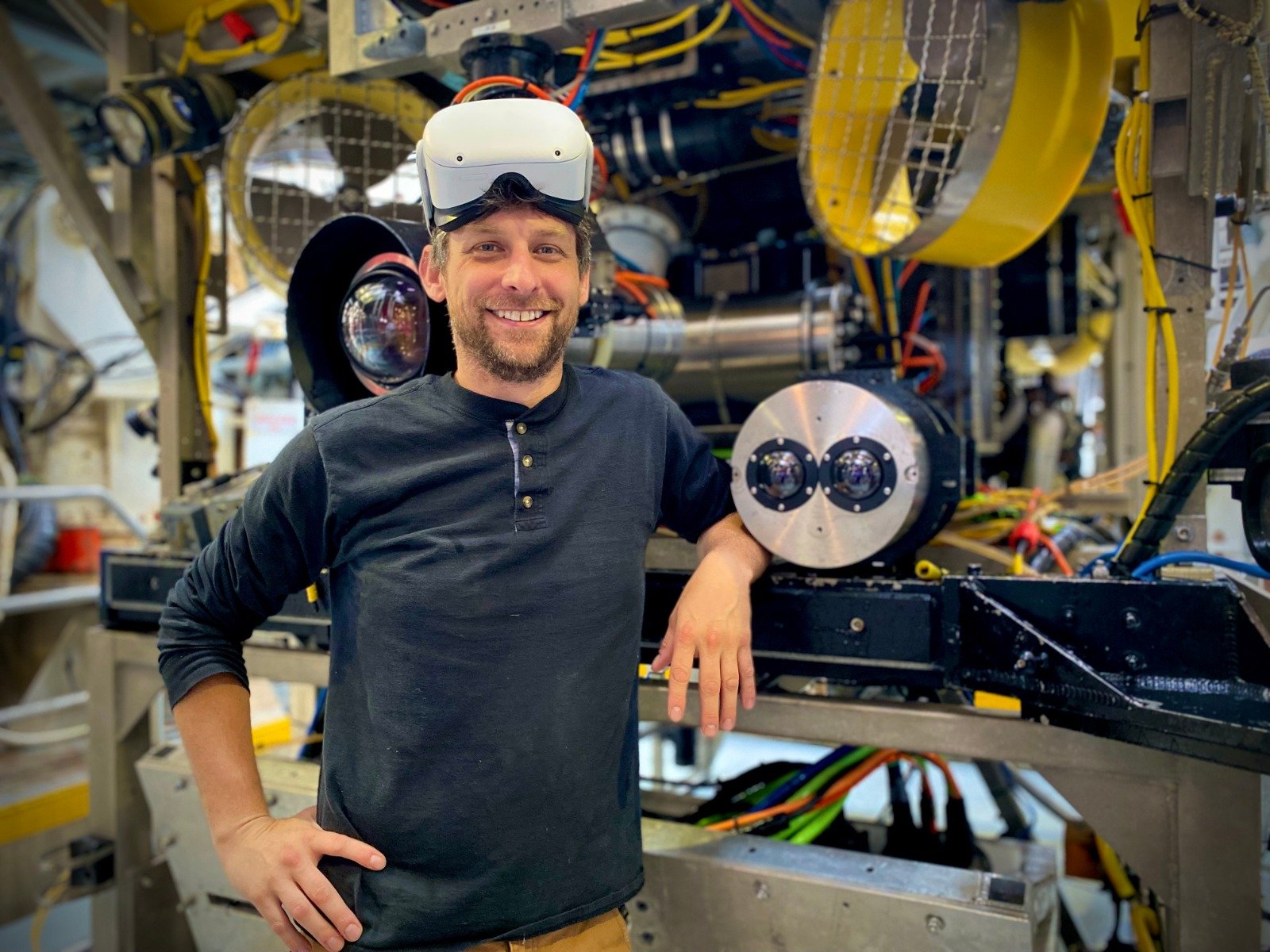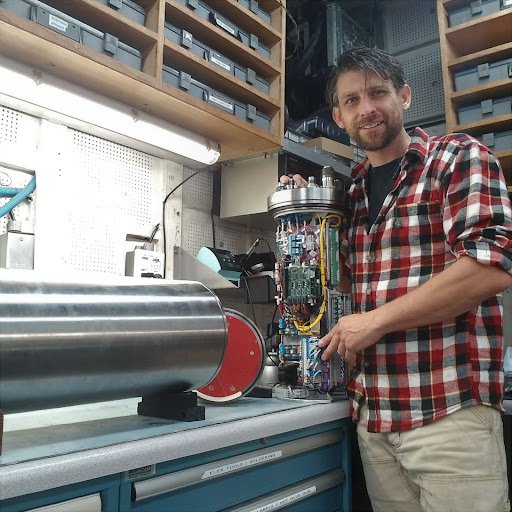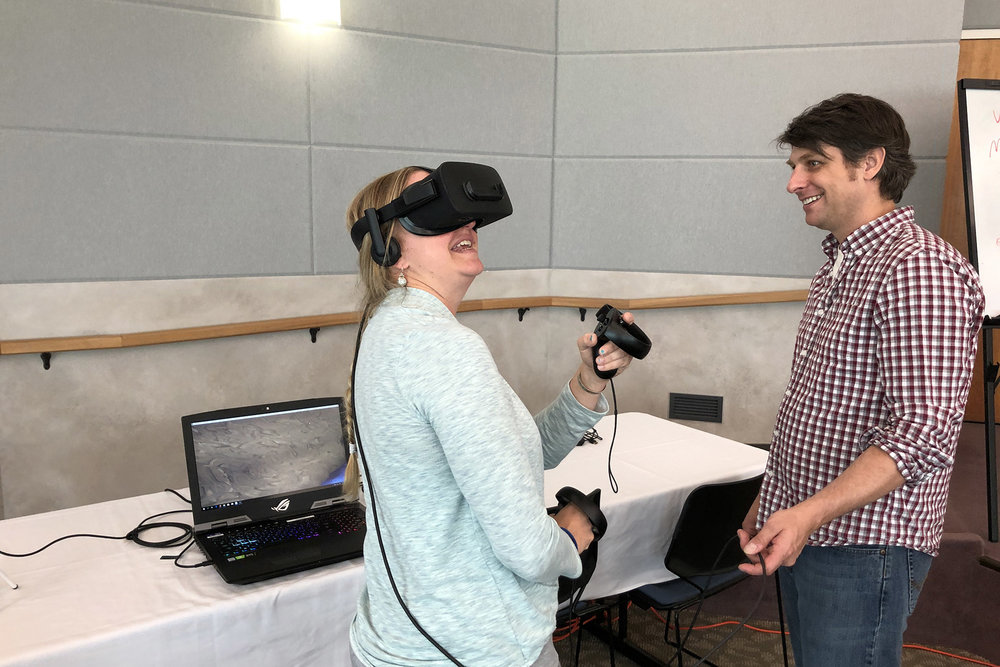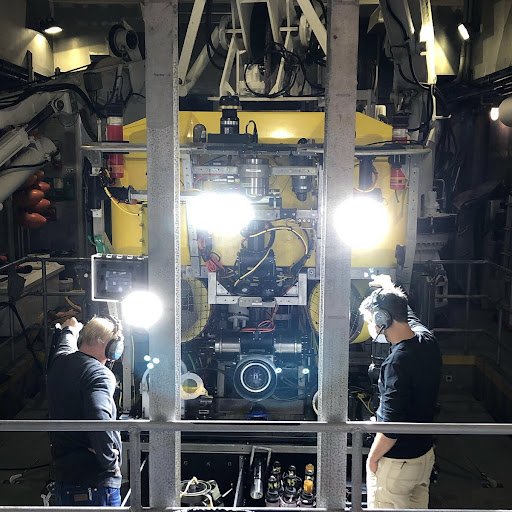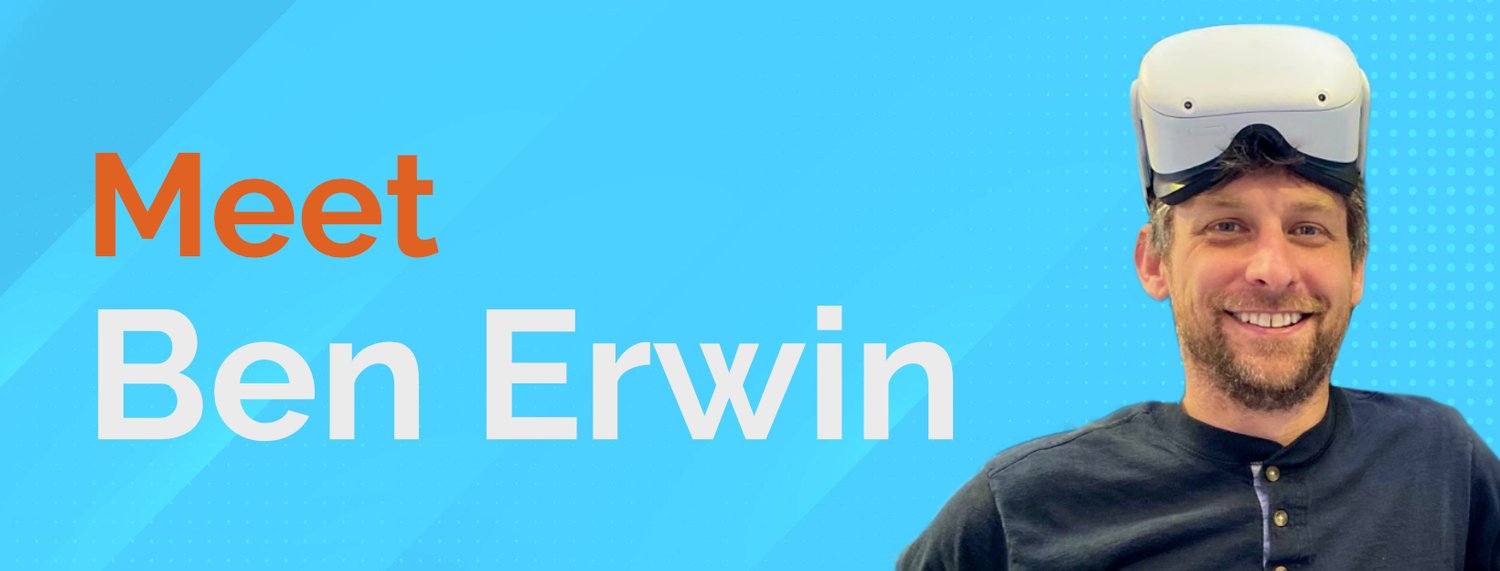
“There are many ways to count to ten, just like there are many ways to become an engineer. MATE inspired me to own the concept of learning new, inventive ways to find a solution to a problem.”
Ben discovered his passion in what he describes as a “magic moment,” when he was flipping through a course syllabus for college and spotted a listing for a robotics class. The idea fascinated him, so he ended up enrolling—and he quickly fell in love with the work. In fact, he says he spent around 16 hours a day working on robotics during his time at Long Beach City College.
Getting involved with MATE helped him learn the critical skills he would need to succeed in his chosen field—and in the way that suited him best: by actually doing the work. Beyond the competitions, Ben also landed an internship in Turkey through the MATE program.
For the last ten years, he’s been working at Monterey Bay Aquarium Research Institute as an electrical engineer. He’s on a shore position now that gives him a more regular schedule, but for most of his tenure with MBARI, he was at sea about 150 days out of the year.
He’s done a lot of interesting work over the years at the institute. He serves a project manager for the UAV program, investigating the legal and safe use of autonomous aircraft to perform science missions like monitoring the ocean. He also leads the ROVVR project constructing the world’s first real-time deep sea panoramic stereoscopic camera system designed for use with a virtual reality headset.
Like many alumni, Ben says that he wouldn’t be where he is today without MATE. His advice for current participants is simple: “If you like this, go all out for it. Be proactive. Soak up what your mentor has to say.”

